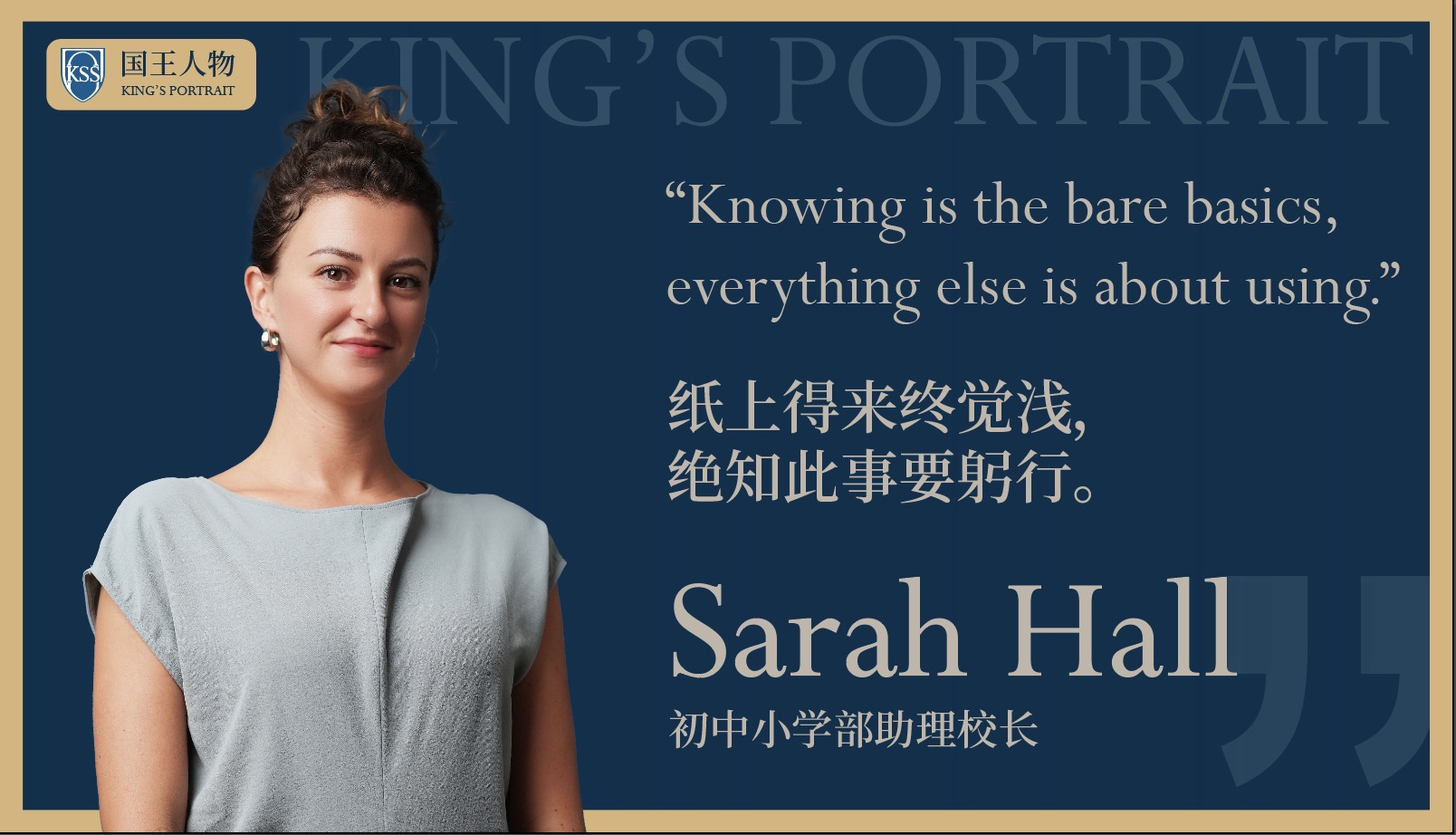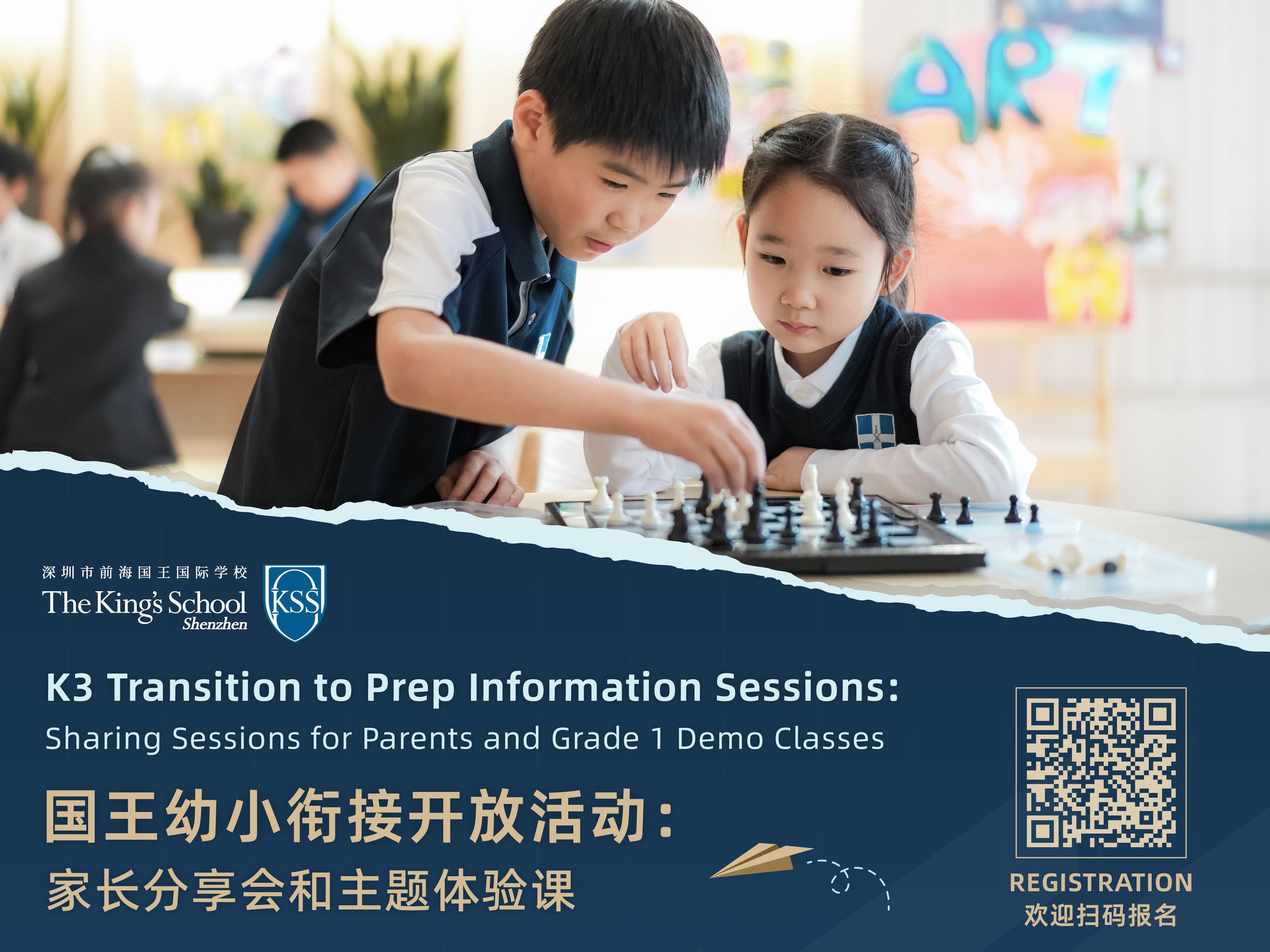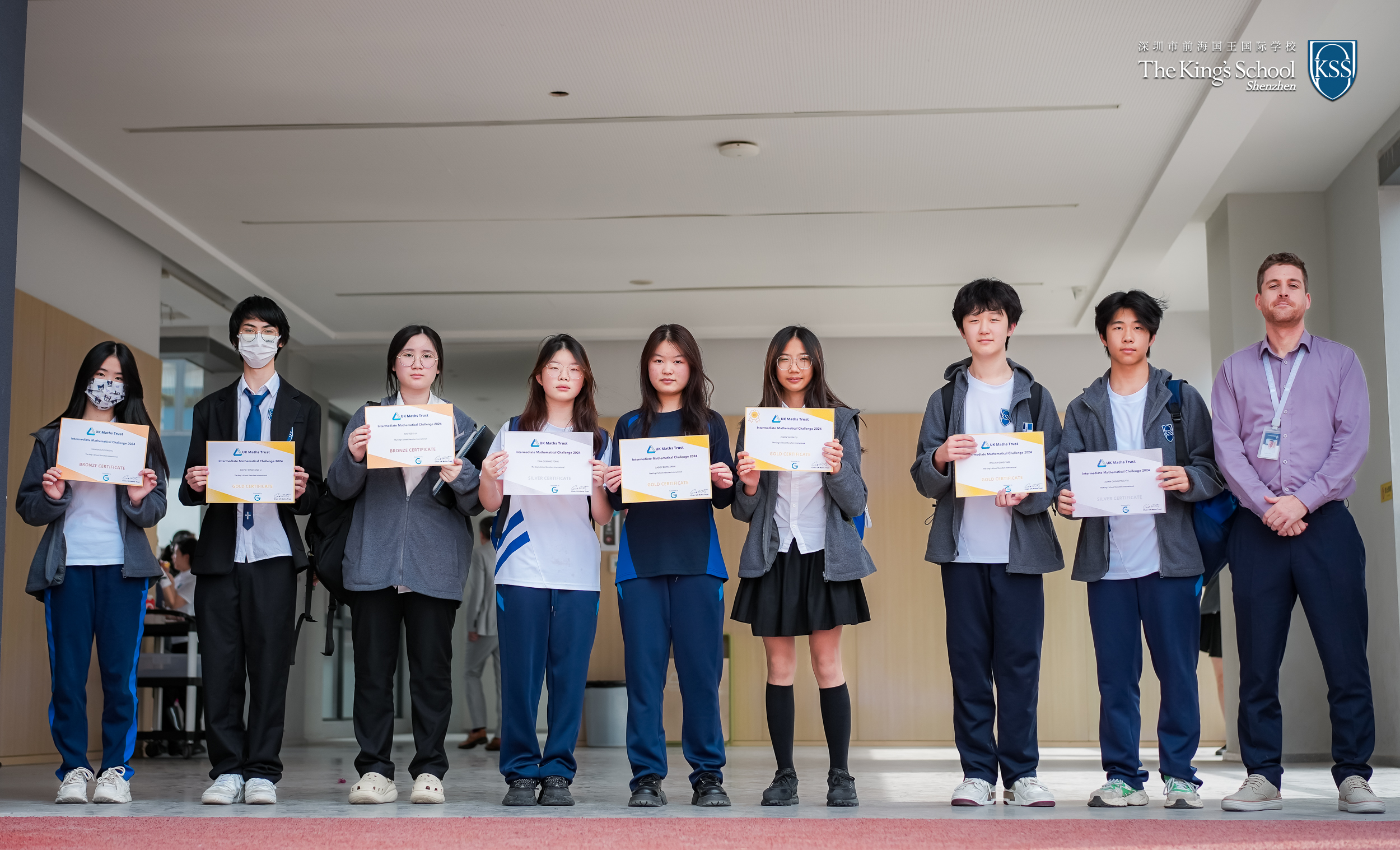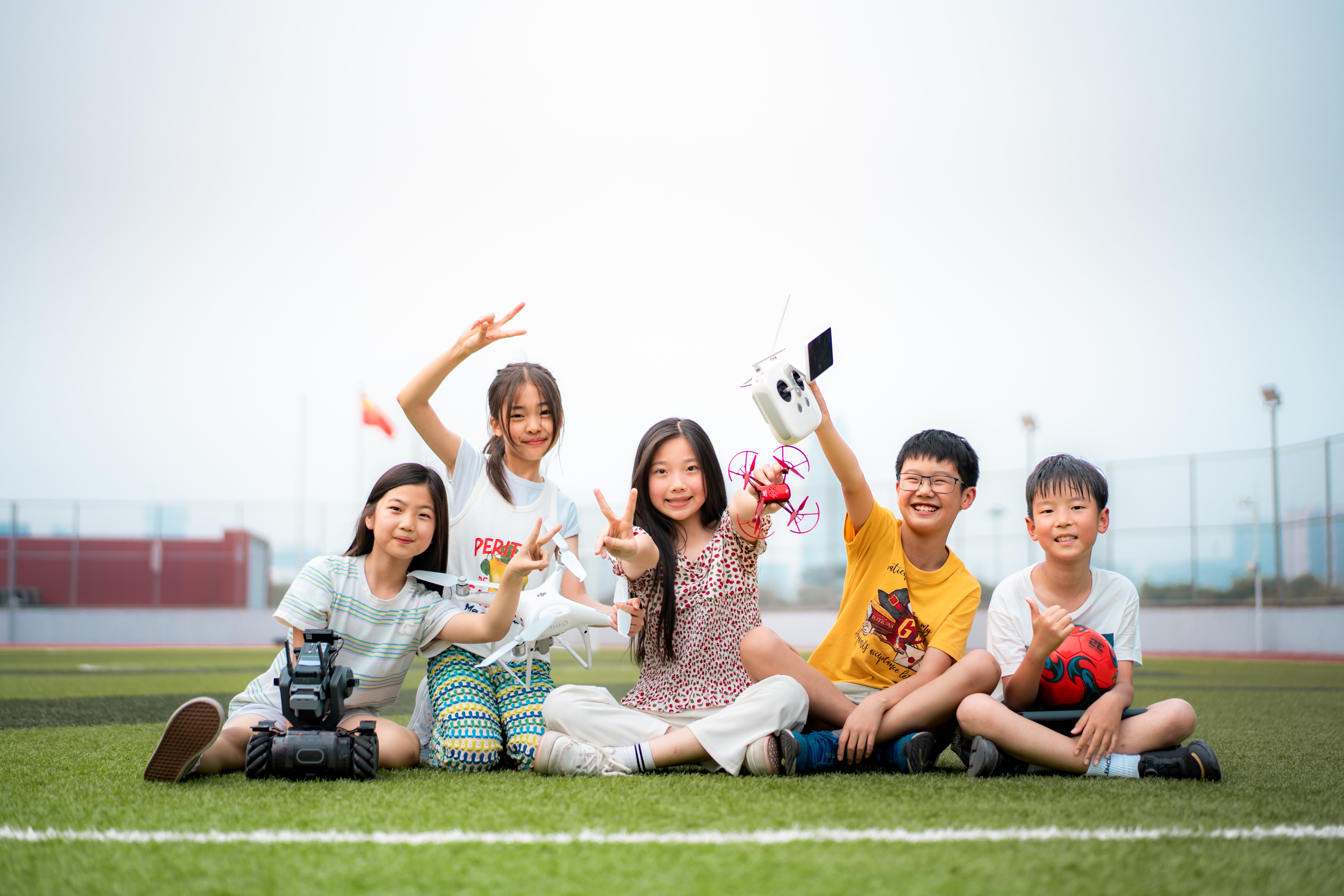
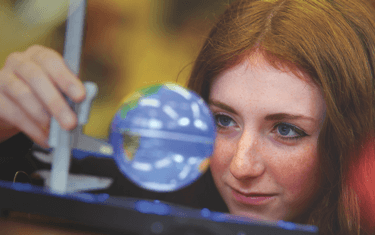
Ms. Sarah Hall is the Assistant Head of Prep (with special responsibility for Upper Prep) at The King’s School Shenzhen, with more than six years’ experience working in education. Having been at our school since the opening of our Prep and Senior campus in Qianhai, she has played an important role in setting up and running our Prep school, for example by working together with other members of our school leadership team to create our bespoke KSS curriculum.
Becoming a Teacher
Teaching, at its core, is about helping others. Ms. Hall’s dedication to the wellbeing of other people, especially children, is a running thread throughout her adult life. At age 17, she began saving up her own money to fund a summer volunteering in India, where she spent six weeks working at a school for disadvantaged children. The children she worked with had been orphaned at a young age and had often experienced a period of homelessness. Some were also HIV positive since birth, or suffered from other serious illnesses. Volunteering in that environment impressed upon Sarah the fundamental importance of pastoral care: every child has to feel safe before they can learn. While our King’s pupils’ situations are completely different to those children’s, that core principle remains valid.
In 2017 Sarah enrolled in the University of Southampton for a Postgraduate Certificate in Education. At Southampton, she achieved a distinction in her degree and earned a nomination for the Dean’s Award for her outstanding academic achievements. After completing her PGCE, Ms. Hall taught in Central London for four years, where she was the year group lead teacher for UK Year 4 and 5, and led the introduction of the Maths Mastery curriculum for Year 5. As a new teacher, she won an award at Southwark’s NQT Research Development Conference. Ms. Hall’s primary reason for coming to China was so that she could continue to improve as a teacher. “Good teachers will always be looking to grow their practice, and in London, post pandemic, teaching development was harder because we were going through a stage of recovery. Personally, I felt a bit stagnant, and I wanted a new challenge.”
Teaching English
The main reason why Sarah’s students learn so much in her classes is her infectious love for English. “English literature is my favourite subject. I believe that through teaching English literature well and introducing children to a range of English books and stories and adventures you can really open up a language for pupils that otherwise, in previous experiences, may have been a little dry, or a little dull.” The key to children’s enjoyment of learning is to avoid being overly formulaic, and to embrace an imaginative and adventurous way of teaching.
At KSS, Ms. Hall often teaches children whose native language is not English. Teaching EAL students is not new for her, since her classes in London were packed with students from different language backgrounds, including children who had only just arrived in the UK from countries like Syria and Afghanistan and spoke little or no English. “I remember one boy, from Syria, who was just so polite, so wonderful, and he worked really hard. Every morning he would shake my hand and say ‘good morning, how was your evening last night?’ and at the end of the day he would say ‘good afternoon, I hope you have a nice evening’. By the end of the year, he was matching the UK native level of English.”
While learning in a fully-English environment means that children pick up the new language very quickly, there are also downsides to that approach. The intense transition period can cause a lot of anxiety for children, especially when it coincides with other big changes in their lives. At King’s, we do not force children to only speak English, not just because we want them to love and respect their native language, but also because we want them to love learning English. Forcing children to do too much too soon in a foreign language can have an adverse effect in the long run, because it does not foster the intrinsic motivation that comes from their enjoyment of using that language.
One of the ways in which Sarah builds her students’ love for English is by tailoring her lessons to their interests. For example, when covering biographies as a form of writing, she encourages her pupils to read about famous people that they look up to. Likewise, when they write their autobiographies, they get to emphasise events in their lives that are meaningful to them.
The biggest challenge for EAL pupils at KSS is usually the limited size of their English vocabulary, especially when they have joined King’s midway through their schooling. Our teachers support their students in the acquisition of new vocabulary by making lists of key vocab for each topic they cover in class, not just for English classes, but for all subjects. For older students, the PowerPoint slides of their lessons are often made available to them for preview and review, so that they can familiarise themselves with the English words needed to understand the teaching and retain them afterwards.
Sarah understands the challenges of speaking a foreign language well, not just because of her experience teaching English to EAL students, but also because of her own efforts to learn Chinese. “I can actually understand enough to get around, but if you ask me something, I probably need 30 seconds to tell you what it means. I have to retrieve it first, but it’s there, it’s just the gap between knowing and using.” That gap is also the focus of our curriculum at King’s: “knowing is the bare basics, everything else is about using.” Our aim is not just for children to be able to recall words or sentence structures when they are actively trying to do so, but also to have the ability and confidence to fluently engage in conversations, or to act in plays, or to express themselves freely in writing.
If you would like to learn more about how we teach at KSS, please come and join us at one of our frequent information-sharing sessions where Ms. Hall and our other teachers talk to parents about a range of topics relating to their children’s education.
